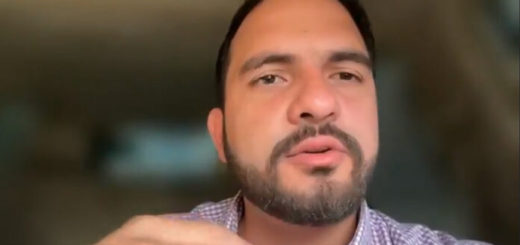Eurozone reform and migration top Merkel-Macron talks in Berlin
Source (dpa)
Berlin – German Chancellor Angela Merkel and French President Emmanuel Macron began day-long discussions in Berlin on Tuesday, focussing on eurozone reform and the migration crisis.
Going into the talks, Merkel was under intense pressure within her coalition to find a solution to the refugee crisis by the end of the month.
Merkel and Macron, her most important ally in Europe, met at Meseberg Palace near Berlin to prepare for an EU summit on June 28 and 29 that has become a deadline for Merkel – set by her own interior minister – on finding an EU fix to the migration issue.
Merkel, whose political capital has been depleted after she lost support in Germany’s September elections, is locked in a dispute with Interior Minister Horst Seehofer, who has threatened to break with the chancellor’s policy against unilateral border controls and start turning away migrants trying to illegally enter the country.
Merkel worries that unilateral border decisions would shift the problem to neighbouring countries and undermine EU solidarity.
She is seeking bilateral deals with EU countries, including Austria and Italy, to take back migrants who previously registered for asylum there in exchange for aid. On Monday, she met Italian Prime Minister Giuseppe Conte to discuss the issue.
Merkel aims to create an EU body to secure the bloc’s external borders and a quota system to redistribute refugees across the bloc.
But there was widespread scepticism in Seehofer’s Christian Social Union, a key coalition partner.
«We do not believe that European solutions can be achieved within two weeks, considering it hasn’t worked for the past three years,» Bavarian Prime Minister Markus Soeder, a close ally of Seehofer, told dpa.
Macron and Merkel are agreed on expanding the EU’s Frontex border and coastguard service and are backing an EU refugee agency to promote data exchange and coordinated registration of refugees.
And they are pushing for closer cooperation with African countries to stem the flow of migrants.
Data released on Tuesday indicated a further fall in the number of people seeking asylum in Germany. In the first quarter, 34,400 applicants were recorded, 25 per cent down on the final quarter of 2017.
Macron’s central focus at Tuesday’s talks with Merkel is likely to be the proposals he outlined in September on reconstituting a «sovereign, united and democratic Europe.»
Merkel has offered moral support, but her government is against a transfer union that would see German funds distributed to the EU’s poorer areas and a banking union that would buttress ailing banks in the bloc.
There is disagreement on expanding the European Stability Mechanism into a new European monetary fund and over French suggestions for the creation of a eurozone budget and finance minister.






Comentarios recientes